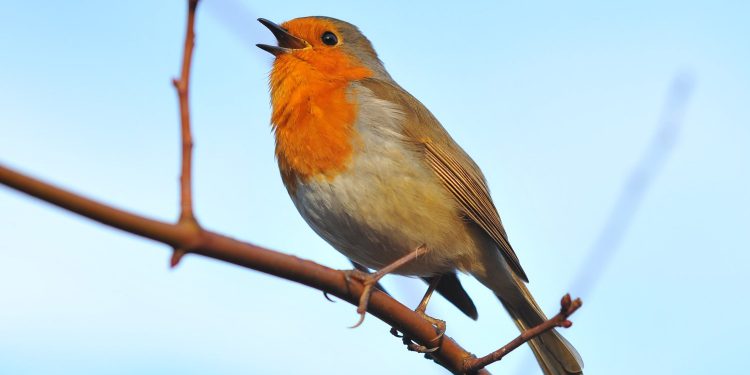As San Francisco went into pandemic lockdown and locals found new projects to pass the time, so too did birds in the area.
New research shows that the white-crowned sparrow, a bird that lives in both urban and rural areas, responded to the sudden peace and quiet by learning a new song, Wired reports. Now that it doesn’t have to scream over the noises of the city, it can focus on the complexity of its call — a fascinating illustration of how our pandemic response has changed the world around us.
To adapt to the San Francisco area, city-slicker sparrows sacrificed the quality of their song so that they could get loud enough to be heard. But with less noise around, the sparrows gradually adopted the more intricate — and appealing to mates — song of their rural counterparts, according to research published Thursday in the journal Science.
“The pandemic has been terrible in a lot of ways,” University of Tennessee behavioral ecologist and lead author Elizabeth Derryberry told Wired. “But as a scientist, there’s sort of this exciting opportunity for a natural experiment there: We remove noise from a whole soundscape and see what happens.”
The research comes from an unprecedented opportunity to study animal adaptation. Scientists have introduced birds to louder volumes, but couldn’t take them lower than an existing baseline. So when the sparrows actually got quieter than expected, it challenged a lot of ornithologists’ assumptions.
“Even though they sing more softly, you can hear birds at a greater distance now,” Derryberry told Wired.



